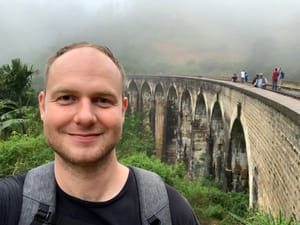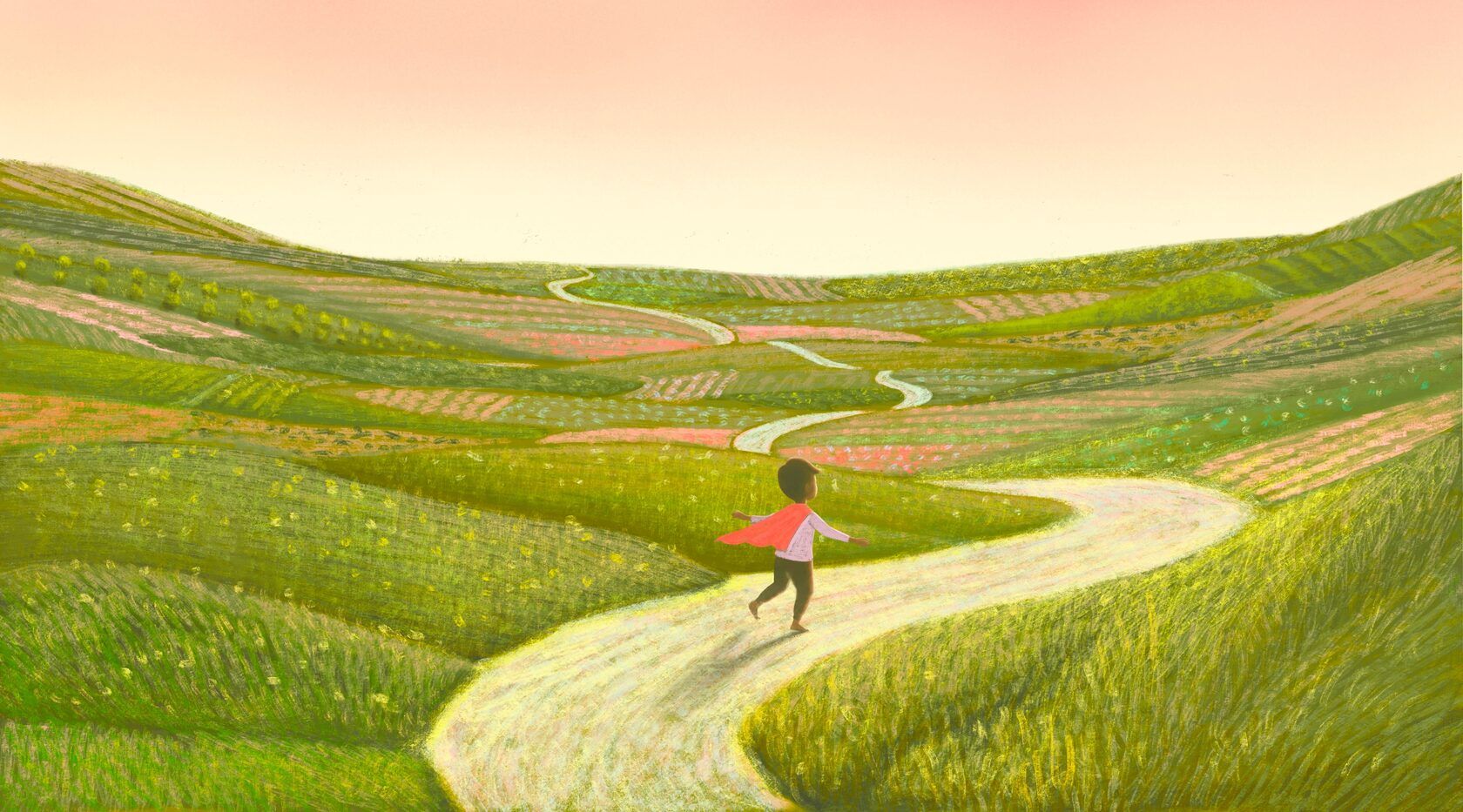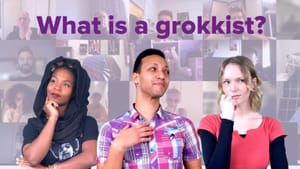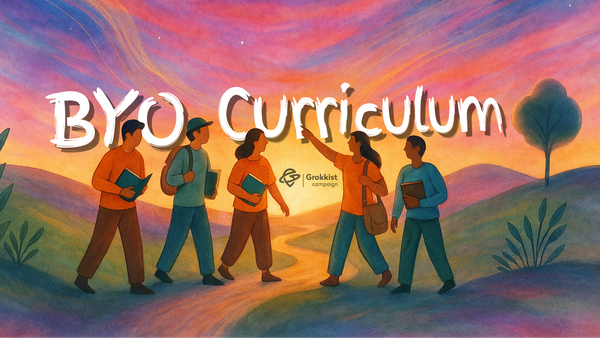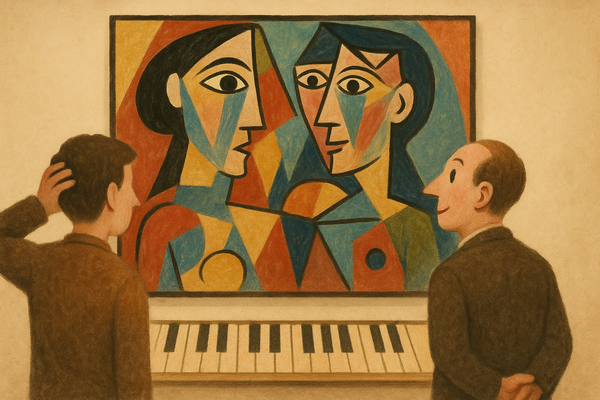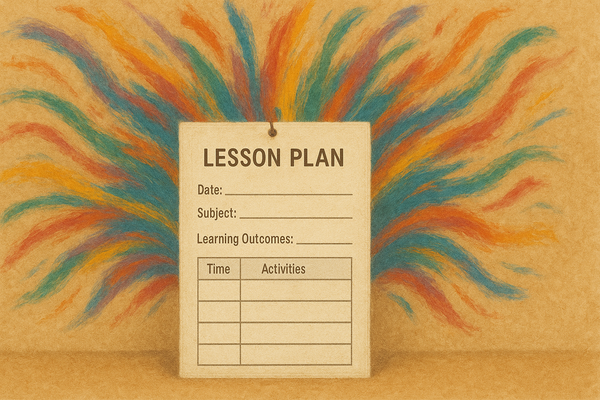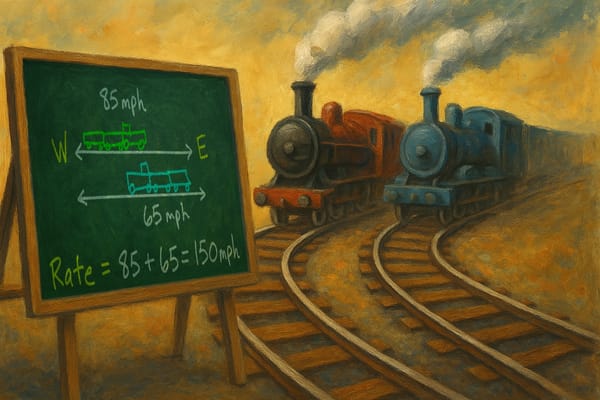It's a critical time in education. The pandemic has jump-started the long-overdue digital transformation and the waves of venture capital money that were already flowing into the sector are becoming a king tide.
Over the next decade, this means that tech money and the aims, aspirations and assumptions that come with it are likely to fundamentally reshape what education looks like. Software eats the world and education is next on the menu.
I am ambivalent about this, which is to say I have strong feelings on both sides. I am no lover of school-based institutions and the way they tend to bureaucratise learning with determined mediocrity. I am also no lover of the way Silicon Valley thinking might lead us to treat education as just another human resource (like attention or relationships) that can be strip-mined for assets to be weaponised in a hypercapitalist social arena.
Of course, everywhere and at all times, there are always good people to be found, toiling in various unheralded but important ways. As we enter new and uncertain times in education, I am reminded that where there are new beginnings, there is hope, and where certainty ends, thinking begins. So my attitude to the coming disruption is to be thoughtful, and hopeful.
Education can mean many things to many people. A way to master a skill, solve a problem or meet the right people. A source of pride, prestige or social mobility, or perhaps a shiny new profit centre.
But as well as the many ways to engage with education primarily for its use-value, crucially, it also remains a worthwhile end for its own sake. A hand that reaches down to us through time. A voice that quickens the heart, energises the mind and ignites the soul. A kind of leisure that touches the human spirit and enriches our common lives, our families and communities.
Or, as classicist Daniel Mendelsohn puts it, 'when your father dies, your accounting degree is not going to help you at all to process that experience. Homer will help you.'
In short, when I think about education, I think of it not as a tool of capital or the state, but as one of the essential goods of a life well lived for its own sake, and as a mode of exchange for creativity, relationships and wisdom.
With Grokkist, my aim is to make a peaceful space for learning as leisure (which is the original meaning of the word 'school', but more on that another day).
The older I get, I the more grateful I am for the wonderful and wholesome spaces, people and things that are just reassuringly there, when really no-one asked or expected them to be. Those sanctuaries have saved me more than once, and the hope of finding more is what gets me out of bed with a spring in my step each morning.
If I can create such a sanctuary for a few good people who care about education in the same way I do, then I will be a rich man indeed.
- Danu

